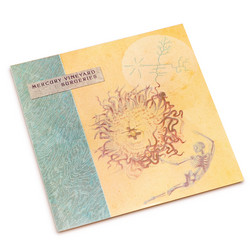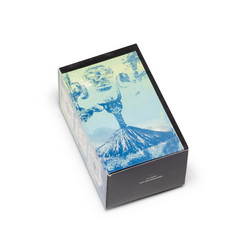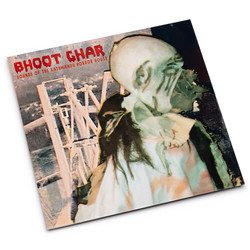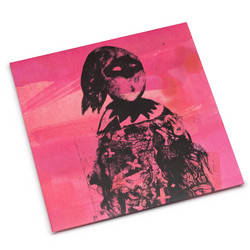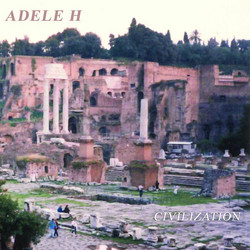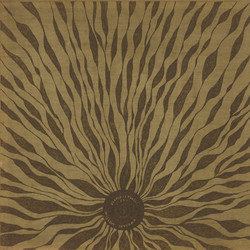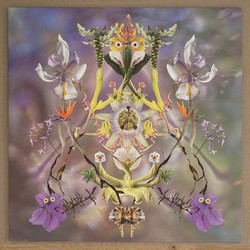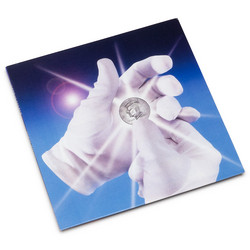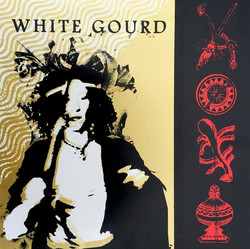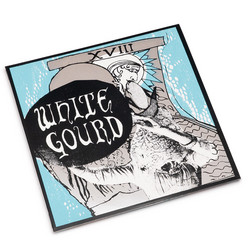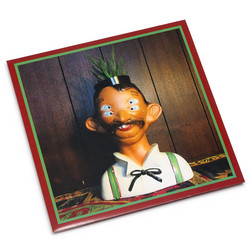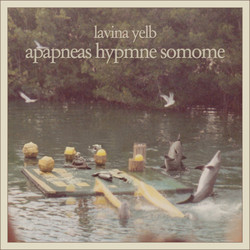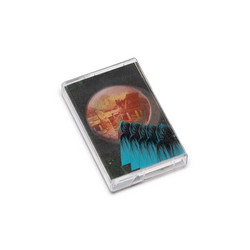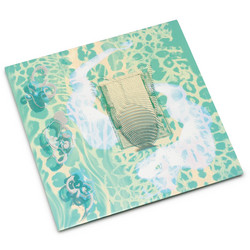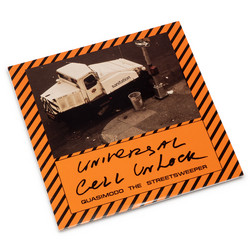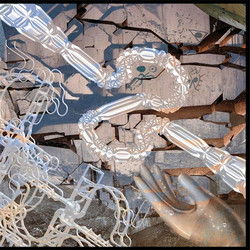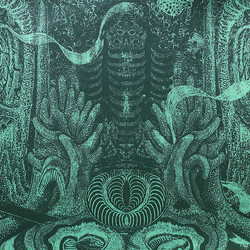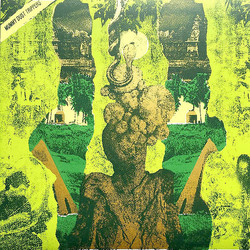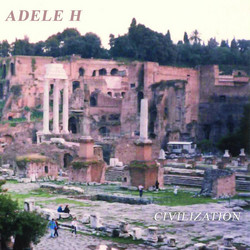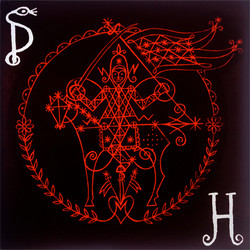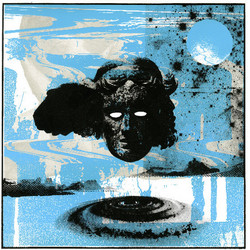Corum
Never Use The Same Door Twice (Tape)
*100 copies limited edition* "During travels & tours from 2007-2010, I had accumulated a great number of sketches and ink drawings that drew on experiments with a collage of text collected from news scraps, literature notes and dream entries. Curiously I wanted to use the method of 'cutting into the past/future simultaneously' through the theory that if you cut the word lines you will hear their voices as code messages with special meaning for the cutter, or contacted poets through a medium as a collage of words. To overhear a new dimension and then turn the found results into images in cinematic variation. The mixed business of disarranging and redistributing the meaning of the message was left to chance. Two - or more - messages, once assembled according to this strategy on the page, revealed another hidden message, which its components were careful not to communicate.
The resulted text took a narrative turn, enigmatic at first but ultimately explicit and often premonitory. An operation of decoding and essentially mystification. The music is mapped around the essences of the text creating the pictures. There is an impression of deja-vu, as well as an indication of what's to come. Acting as an agent of simultaneous integration and disintegration, it imposes another path on the eyes and on thought. Never Use the Same Door Twice is a collection of recordings of these early cut-up permutations. The 'text-score' with the music give the true dimension projected into space. The space-time of the text is distorted; perpetually rebeginning. It is never ending - not that it remains unfinished forever but that it is open to all possibilities that can bring about the interaction of texts and graphic and scriptural inventions of photographic montages and hieroglyphics."
“That long, low, leisurely, murkily rhythmic tone poem quality of that piece is conducive to the conjuring up waking dreams of of all sorts of nocturnal occurrences; good food for the restless spiritual imagination….The comic is dense and interesting and full of ideas... Intensely opaque poetry like this can't be appreciated in one or a few encounters, and I haven't got a grip on it yet. Max Ernst's collages have permanently wired me to see oblique captioned images in a certain way and with a certain taste for certain discontinuities, but there is magic in strange affect at the very least. I'm glad to have this.” - Jim Woodring
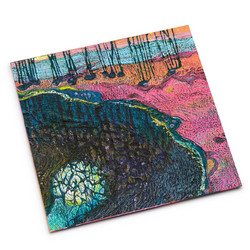
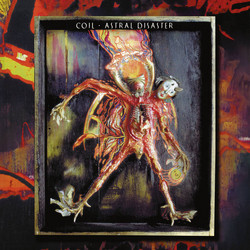

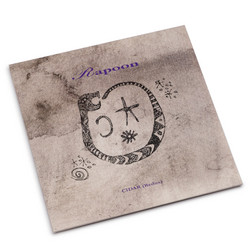
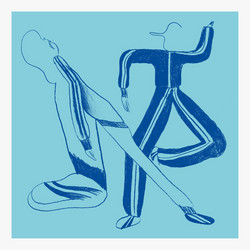
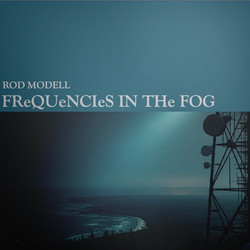
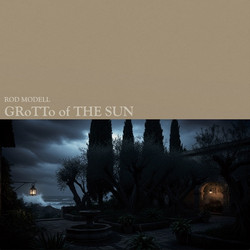
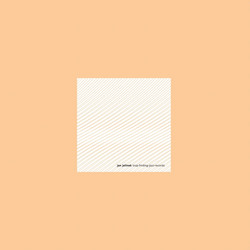
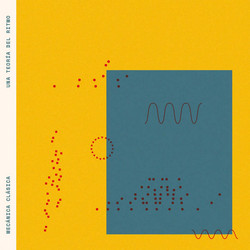


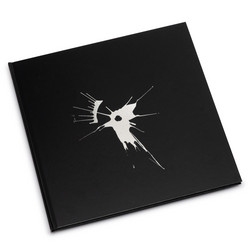

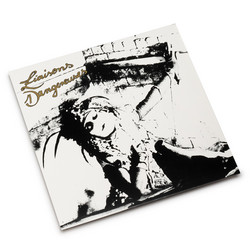
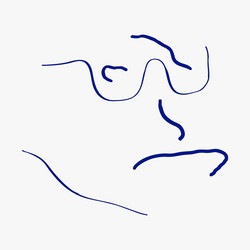
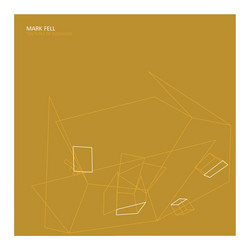
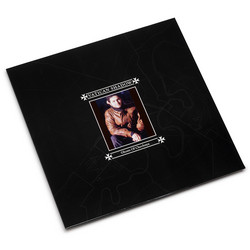
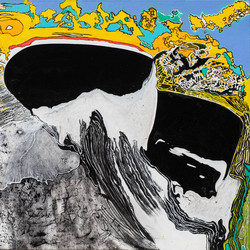
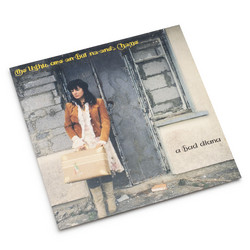
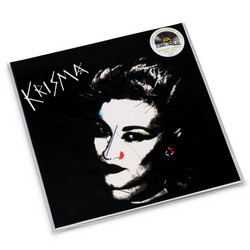
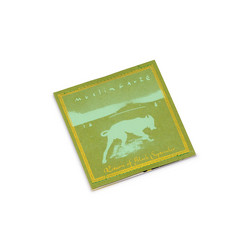
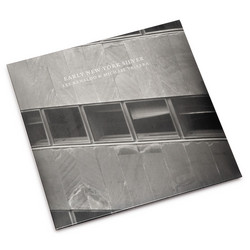
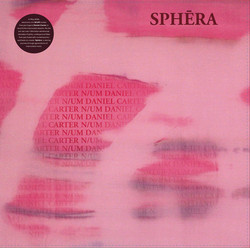
![Decouple ][ Series](https://cdn.soundohm.com/data/products/036/oliver-coates-decouple-series-12-3.jpg.250.jpg)
